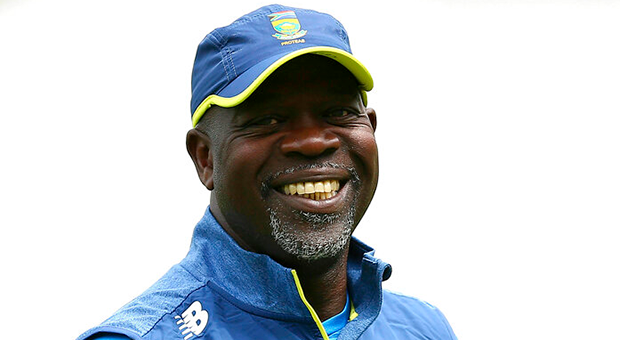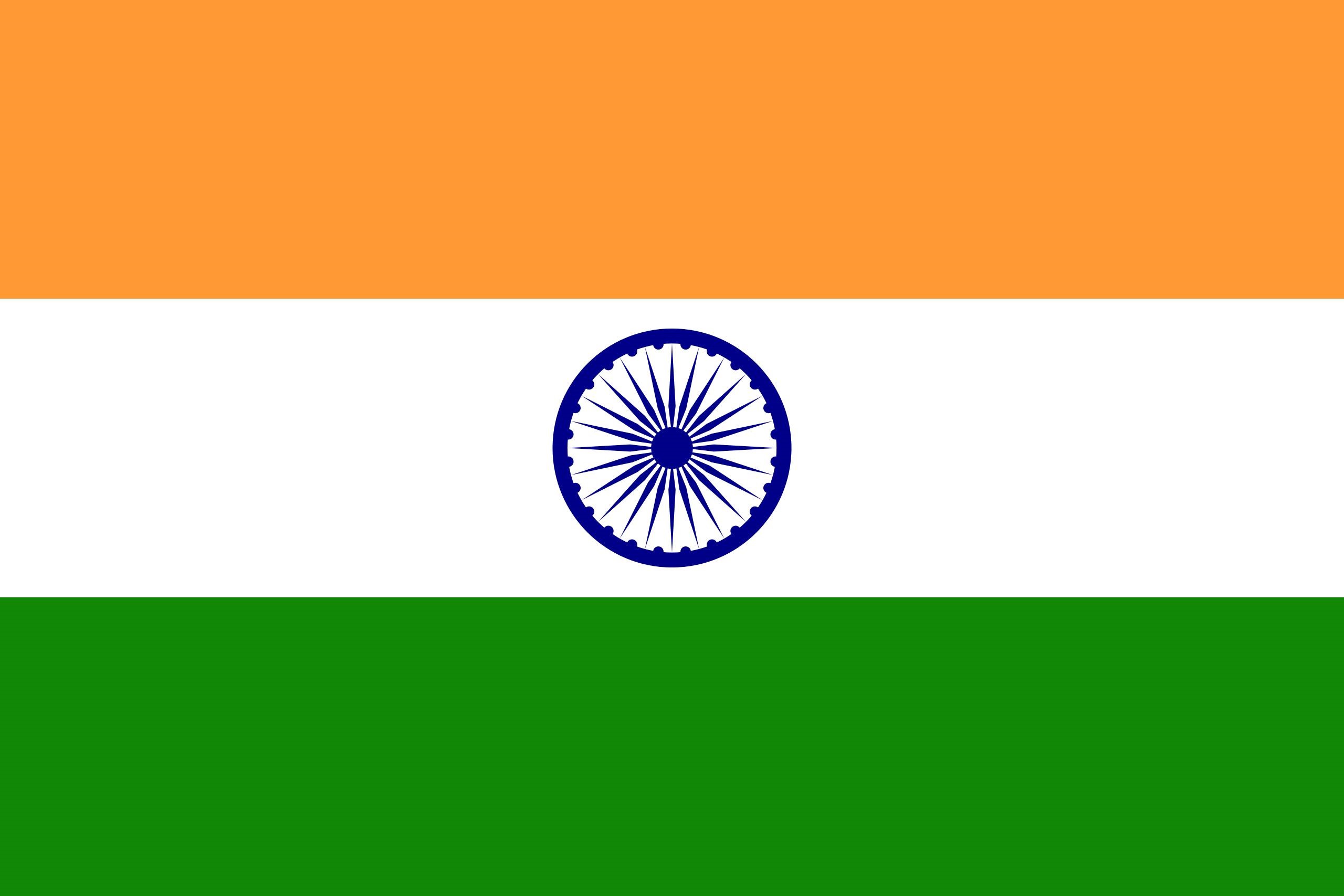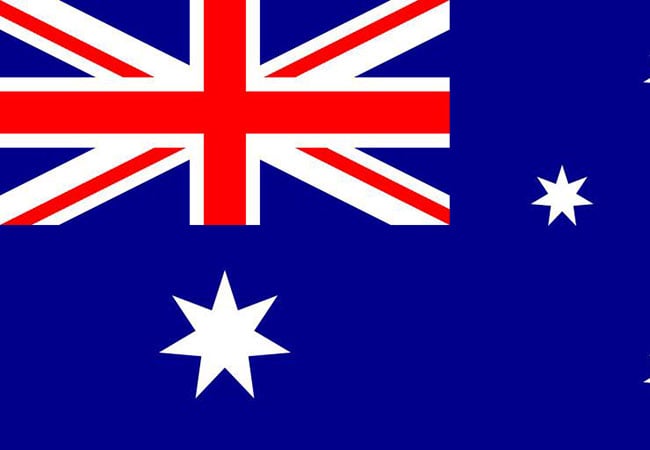
Durham - When a South African team bombs at a World Cup, regardless of the sporting code, the public will almost always want somebody to blame and somebody to pay the price.
Such reactions are seldom constructive, always emotional and often directed at the wrong people.
The Proteas have been woeful throughout the 2019 World Cup and there is no escaping that. They have let themselves down as well as all of those back home who have invested in them.
There must be consequences - nobody can argue against that - but it is so important to keep calm heads in the inevitable wash-up that will take place when the Proteas get back home.
South African cricket is at a pivotal moment in its history as a new, young leadership under CEO Thabang Moroe looks to shake things up.
The Mzansi Super League (MSL) is going ahead again this year, the country's domestic structures are set to change drastically with a move from six to 12 franchises and financial challenges remain.
It all paints a picture of uncertain times ahead, so while the panic from fans is understandable, the need for common sense to prevail is larger than ever.
CSA president Chris Nenzani was quoted in the South African press this week as saying that "heads will roll", and he would not find too many standing in his way.
Any decision that is taken, though, must come after a thorough review and within a context larger than simply the performances at this World Cup.
Coach Ottis Gibson is out of contract at the end of September. The plan for CSA was always to review his contract at the end of the World Cup, but few could have predicted things going this badly.
Gibson has been linked with a return to the England national setup in some capacity, but recent results wouldn't have done his reputation any good with those aspirations in mind.
When Gibson joined the Proteas in 2017, he did so under the sole mandate of winning the World Cup.
He has not achieved that, but Test series wins at home to India and Australia as well as some promising results in bilateral ODI series in that time do stand out as positives.
Before the Proteas part ways with their coach, if that is the way they want to go, they must have a replacement in mind, and that is where they need to be thoughtful.
Mark Boucher's name has come up based on his relative success with the Titans and what he achieved as a player, but the fact that he is still a young coach cannot be ignored.
There are many knowledgeable scribes from up north who believe that Boucher still has a lot to learn before he can be considered for the role of Proteas head coach.
Would he even want the job? Is he even on CSA's radar? What would he bring to the side that Gibson could not? What about Ashwell Prince?
These are questions that need to be asked and answered before CSA appoints anyone based on emotion.
The same goes for the captaincy.
Du Plessis will be 35 by the time the 2019 World Cup ends. Up until now, his leadership has largely been a success story.
What does his future look like?
The T20 World Cup takes place in Australia next year and the plan was always for Du Plessis to lead the side into battle there, but have developments over the last month changed things in that regard?
Is there value in keeping him on as ODI captain beyond 2019?
If not, then who comes in as the new skipper? Has Aiden Markram done enough to suggest he can be entrusted with that responsibility yet? Should the Proteas gamble on somebody like Rassie van der Dussen? Or should Du Plessis stay on as captain for a couple of years in what would serve as a handover period to whoever leads the side to India in 2023?
These are all complex questions that require long, sober and honest conversations with all parties involved.
More important than the issue of coach and captain is the issue of the players themselves.
CSA needs to ensure that quality is coming through at a domestic level and they need to hold onto their prized assets moving forward.
South Africa, at this crucial juncture, cannot afford to lose quality players to Kolpak deals or what has become known as the international T20 roadshow.
Somebody - a director of cricket, perhaps - needs to start planning the way towards 2023 as soon as possible.
CSA management needs to identify the types of players they think can win the Proteas a World Cup in four years time, and then invest in them and back them.
The likes of Markram, Kagiso Rabada, Andile Phehlukwayo, Lungi Ngidi, Wiaan Mulder, Sinethemba Qeshile, Kyle Verreynne, Anrich Nortje and Lutho Sipamla are all capable of leading the Proteas into battle in four years time.
They need to be identified as early as possible, and then put on the same page in terms of what South African cricket is trying to achieve and how exactly it can be achieved.
Regardless of what decisions are taken, the planning moving forward needs to be meticulous and the country's best prospects need to be nurtured and protected.
There obviously needs to be clarity in terms of who steers the ship, but it is not a decision that can be rushed.
@LloydBurnard is in England covering the 2019 Cricket World Cup for Sport24 ...




 Publications
Publications
 Partners
Partners








